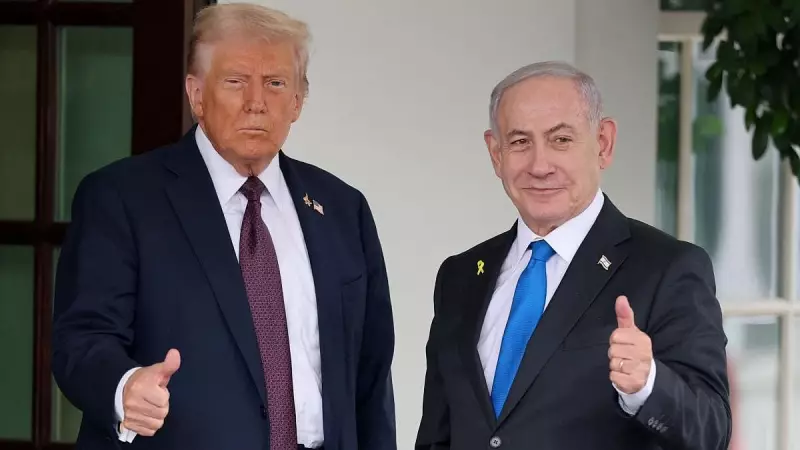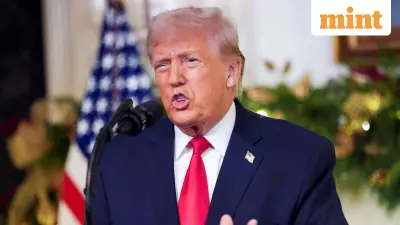
In a significant development regarding the Gaza conflict, an Israeli spokesperson has confirmed that all decisions concerning the Palestinian territory are being made in close coordination with the United States. This revelation highlights the deepening partnership between the two nations in addressing one of the world's most persistent geopolitical challenges.
High-Level Discussions Between US and Israeli Leaders
US President Donald Trump's influential son-in-law, Jared Kushner, recently held crucial talks with Israeli Prime Minister Benjamin Netanyahu regarding the future of Gaza. The high-level discussion, which took place against the backdrop of ongoing tensions, focused primarily on two key objectives: disarming the Hamas militant group and demilitarizing the Gaza Strip entirely.
The involvement of Kushner, who has emerged as a central figure in the Trump administration's Middle East peace efforts, underscores the White House's continued commitment to resolving the Israeli-Palestinian conflict. His direct engagement with Netanyahu signals the importance Washington places on finding a sustainable solution to the Gaza situation.
Coordinated Approach to Gaza Crisis
The Israeli spokesperson's statement explicitly acknowledged that decision-making regarding Gaza occurs through collaborative channels with American counterparts. This coordinated approach represents a significant shift in how both nations are handling the complex dynamics of the region, moving away from unilateral actions toward a more unified strategy.
The discussions between Kushner and Netanyahu reportedly addressed multiple aspects of the Gaza situation, including security concerns, humanitarian considerations, and long-term political solutions. The emphasis on disarming Hamas suggests both leaders view the militant group's military capabilities as a primary obstacle to achieving lasting peace in the region.
Implications for Regional Stability
This development comes at a critical juncture in Middle Eastern politics. The joint US-Israel position on Gaza demilitarization could have far-reaching consequences for regional stability and the broader Israeli-Palestinian peace process. By presenting a united front, both nations aim to create stronger leverage in future negotiations and conflict resolution efforts.
The timing of these revelations is particularly noteworthy, as they emerged amidst ongoing tensions along the Gaza-Israel border. The coordinated strategy indicates that both Washington and Jerusalem are seeking to implement a comprehensive approach rather than responding to individual incidents in isolation.
As of November 10, 2025, when this information was officially confirmed, the specifics of how the disarmament and demilitarization would be implemented remain unclear. However, the very public acknowledgment of US-Israel collaboration on this matter signals a potentially new chapter in addressing the Gaza situation, one that prioritizes joint decision-making and shared responsibility for outcomes in the troubled region.





